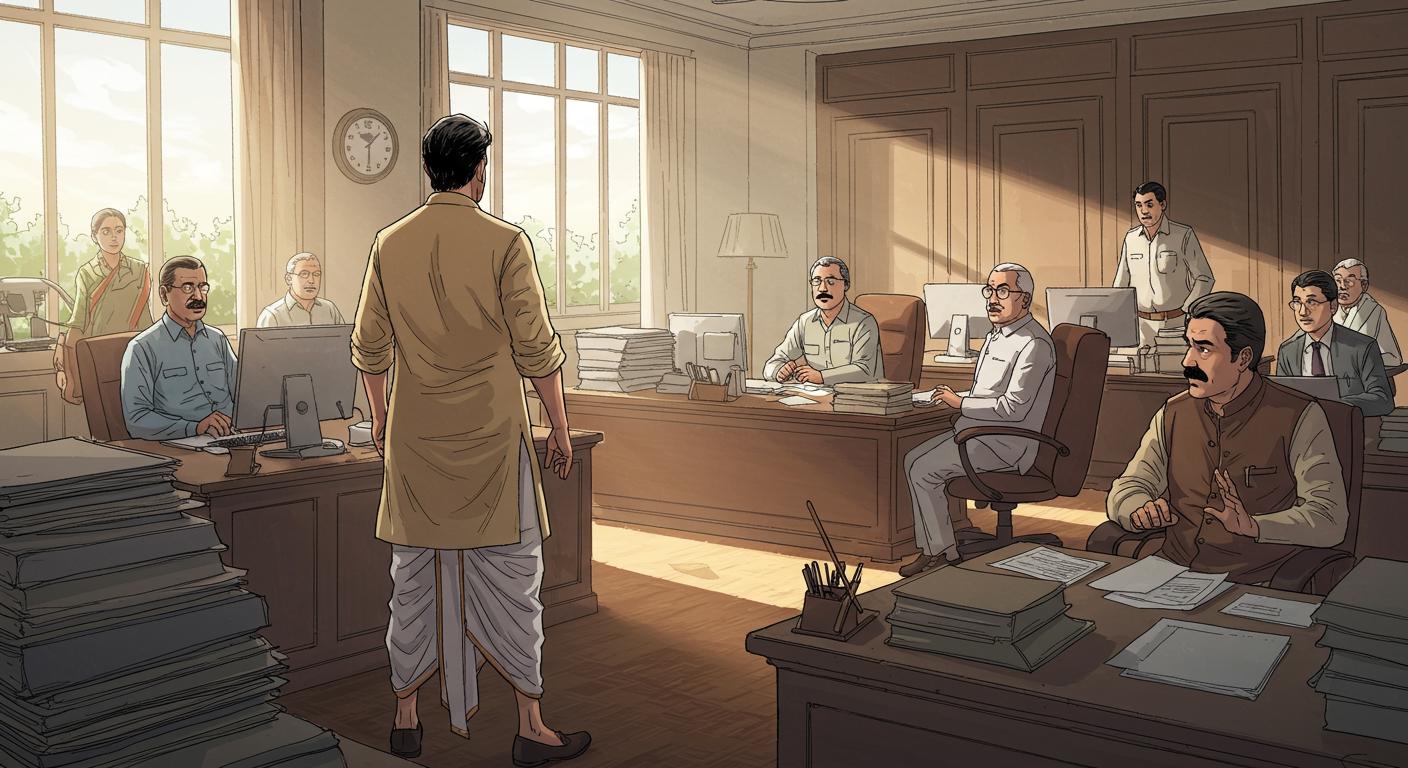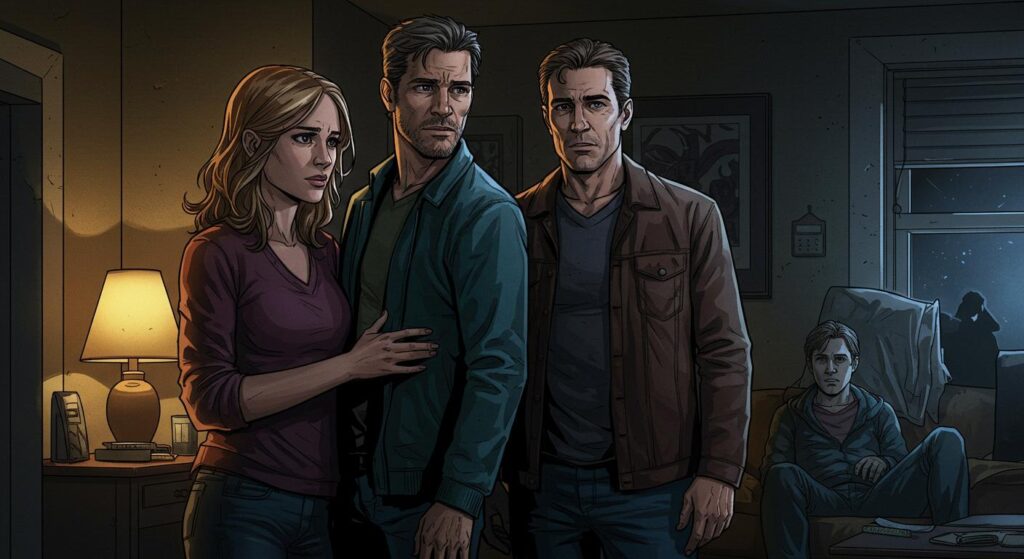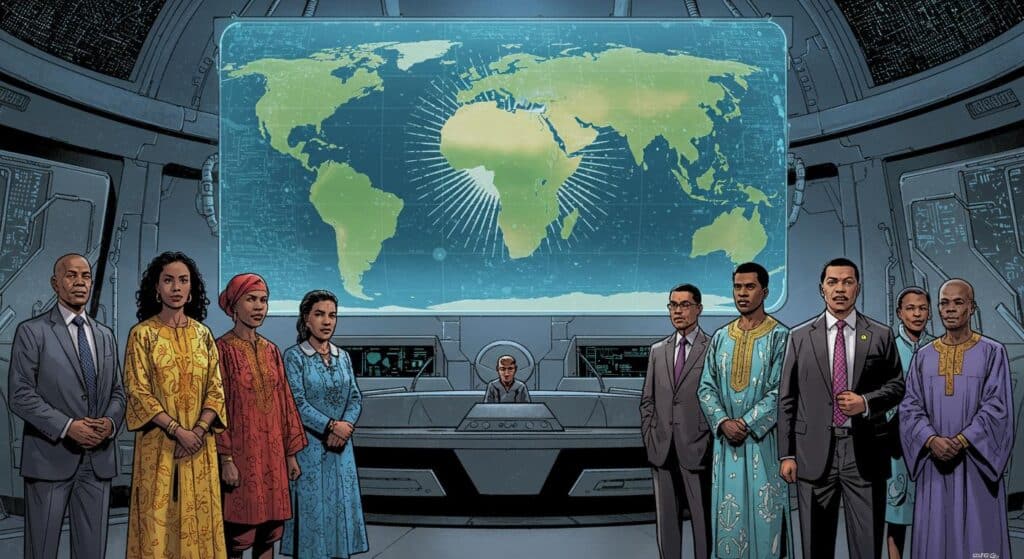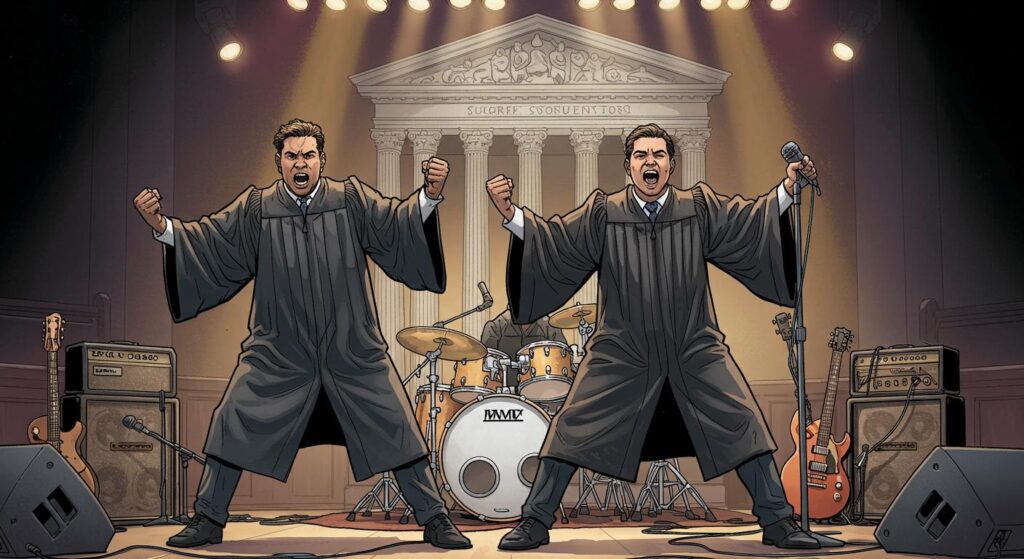Election offices aren’t exactly the usual setting for existential comedy, but this week in Bihar, Mintu Paswan found himself cast in an almost literary absurdity. According to NDTV’s reporting, Paswan—a living resident of Bhojpur—marched into the Chief Electoral Officer’s office with a singular message: the rumors of his death had been greatly exaggerated, at least by the state’s voter rolls.
Death By Paperwork (And the Perils of the BLO)
The matter, as recounted by NDTV, began during Bihar’s special intensive revision (SIR) of electoral rolls, a process intended to keep the voter list updated and accurate. Paswan’s name, however, was accidentally removed, a bureaucratic oops attributed to the local booth-level officer (BLO). Paswan stated that no BLO had ever actually visited his home—a key procedural step that was apparently skipped.
Video footage reviewed by NDTV captures Paswan’s bewilderment: “I went to Supreme Court, because I was declared dead in the voters’ list. The judge spoke in English, and I do not understand that…” It’s a scenario most of us hope to avoid: one day voting, the next, summarily dismissed to the realm of the officially departed—without so much as a knock on the door.
As noted throughout NDTV’s account, CPI(ML) Liberation activists accompanied Paswan to meet the election officials, where the responsible BLO reportedly confessed to deleting Paswan’s name in error—a mix-up with a genuinely deceased individual. The outcome has left Paswan wading through the thicket of administrative forms to reclaim his place among the living on the electoral list, despite clear evidence that he’d voted before.
Not Alone in the Afterlife
This proved not to be an isolated blip. NDTV relays CPI(ML)-L secretary Kunal’s remarks that at least 21 people in Bihar have so far been wrongly deleted as “dead” during revision of the rolls, with 10 of them, including Paswan, appearing before the Supreme Court. Only two instances—including Paswan’s—resulted in official acknowledgment of the error. Earlier in the report, it’s mentioned that, since the wrong name was removed, it’s very likely that the actual deceased person remains on the voting rolls, compounding the “comedy of errors” described by party officials.
All of this underscores the surreal reality that, in Bihar’s case, the threshold for civic participation can sometimes hinge on nothing more than a few keystrokes and a bit of careless paperwork.
The Curious Case of Bureaucratic Immortality
The process, as outlined by NDTV, raises an eyebrow or two: neither personal presence nor prior participation guarantees a spot on the voter list. Once deleted—mistaken identity or otherwise—the path back is through a procedural maze. Paswan, despite voting in previous years, is now being told to fill out forms intended for brand new applicants.
Taken together, these details paint a scene less about individual error and more about systemic vulnerability. If one local officer’s error can bump a breathing citizen off the rolls while keeping a departed individual dutifully registered, how many similar stories are quietly unfolding, unseen and uncorrected? Is it strangely comforting that these cases are being challenged and sometimes rectified in the Supreme Court, or just a reminder that paper life and physical life are seldom in sync?
Life, Death, and the Draft List
So Mintu Paswan—vividly present and waving necessary paperwork—finds himself pleading his case in person, hoping bureaucracy will catch up to reality. As recounted in NDTV’s narrative, his story is at once faintly comic, quietly exasperating, and oddly familiar: trying to convince authorities that you exist, despite the official record saying otherwise.
How many others are one typo away from administrative erasure? The forms may multiply, and the corridors may lengthen, but the urge to be counted persists. Perhaps it’s worth a periodic check: is your name still on the right list? Or should you go ahead and introduce yourself to the nearest polling station—just in case.







